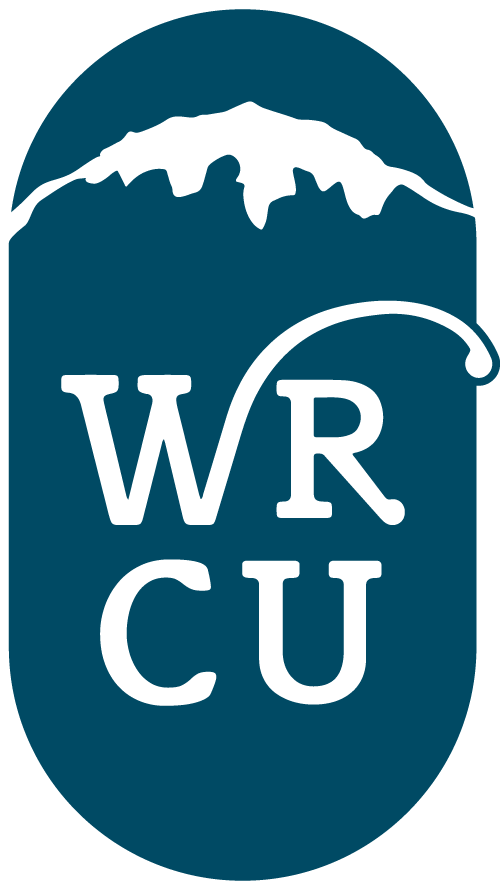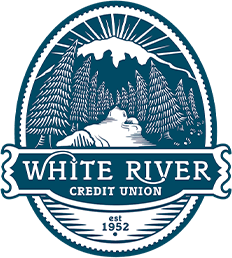
What Are Credit Union Loans Anyway?
Before you find your perfect match, you need to do some homework. If you’re considering borrowing from a credit union, you should understand what differentiates it from a traditional bank loan. Unlike banks, credit unions are not-for-profit financial institutions owned and operated by their members. Credit union loans can be used for various purposes, including buying a car, financing a home renovation, or paying off debt.
Credit unions typically offer lower interest rates and more flexible repayment terms than traditional banks or other lenders. That’s because they are not-for-profit organizations that exist solely to serve their members. This can make credit union loans a more affordable and accessible option for individuals who may not qualify for traditional bank loans or who are looking for a personalized customer service experience.
Selecting the Right Loan to Meet Your Needs
There’s a perfect match for everyone out there, but how do you find yours? First, always select your loan based on your financial situation, borrowing needs, and goals. Some basic things to consider when selecting a credit union loan are:
- Interest rates: Compare the interest rates different credit unions offer to find the most competitive rates. Lower interest rates equate to lower monthly payments and less total interest paid over the life of the loan.
- Repayment terms: Double-check the length of the loan and the repayment schedule to ensure that it fits your budget and financial goals. Longer repayment terms may result in lower monthly payments but can also cause you to pay more interest over time.
- Fees: Review the fees associated with the loan, including prepayment penalties, origination fees, and late fees, to ensure you fully understand the borrowing costs.
- Credit score requirements: Check the credit score requirements for each credit union loan to see if you qualify. Some credit unions may require a higher credit score than others, so it’s good to know your credit score before applying.
By considering these factors and comparing different credit union loan options, you can find the right loan for your financial situation and borrowing needs.
Types of Loans: Consumer vs. Business
Are you here for business or pleasure? Maybe getting a new roof on your home doesn’t fall into either of those categories, but it does fall under the personal loan umbrella.
Consumer loans and business loans are two types of financing options that are available to individuals and businesses. But beyond this, what makes them technically different? Well, consumer loans are for individual use, typically unsecured, and are based on the individual’s creditworthiness. Business loans are for business use, can be secured or unsecured, and are based on the business’s financial health.
Still with us? Let’s roll call the loan options under the consumer and business umbrellas at White River Credit Union.
WRCU Consumer Loans
- Home loans
- Home equity line of credit (HELOC)
- Vehicle and motorcycle loans
- Recreational loans
- Visa credit cards
WRCU Business Loans
- Line of credit
- Signature loan
- Uber/Lyft loan
- Visa credit cards
Comparing Credit Unions to Banks
Credit unions and banks offer comparable services, such as savings accounts, checking accounts, and loans. However, there are some noteworthy differences between the two. The main differences between credit unions and banks are their:
- Ownership structure
- Membership requirements
- Fees & interest rates
- Service offerings
- Regulatory oversight
Click here to learn more about the benefits of a credit union vs. a bank.
Here to Lend a Helping Hand
Lend, get it? At WRCU, we offer more than just great loan options. We’re dedicated to providing our members with personable member service to set them up for financial success. If you have questions, contact us online or swing by our Enumclaw location to chat.
Image by vjapratama on Pexels



